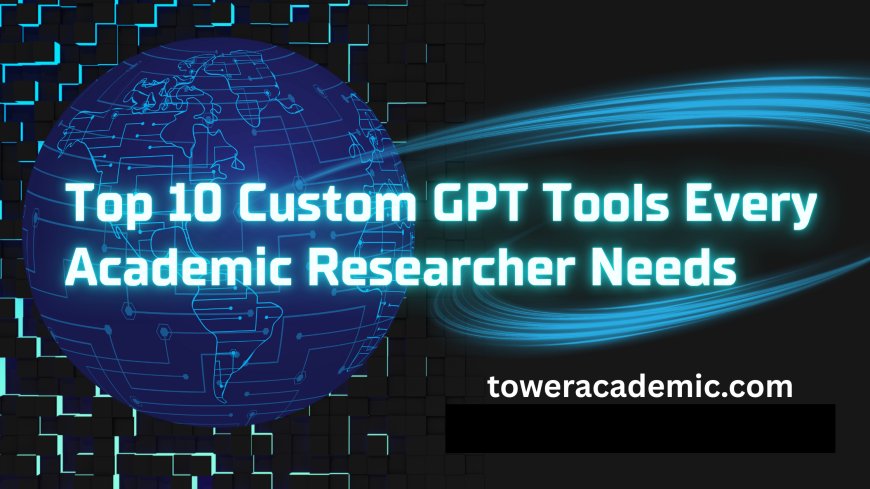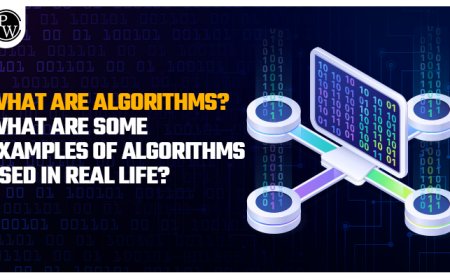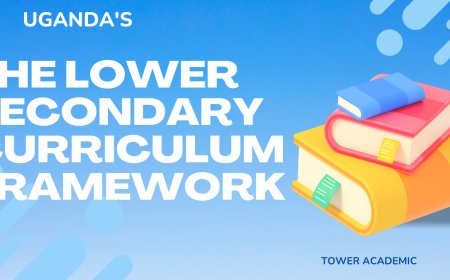10 Powerful GPT Tools Every Academic Researcher Should Know
Discover 10 powerful GPT tools that help academic researchers save time, analyze papers, and enhance productivity across all stages of research.

Unlocking the Potential of AI in Academia. In today's fast-paced research environment, academic researchers are increasingly turning to Artificial Intelligence (AI) tools to streamline their work. Among these, Generative Pre-trained Transformers (GPTs) stand out for their ability to understand, analyze, and generate human-like text. Whether you're conducting a literature review, analyzing data, or preparing a research paper, GPT-powered tools can save time and enhance accuracy.
Here are 10 powerful GPTs every academic researcher should know:
1. Consensus
Best for: Evidence-based answers to research questions
How it works: Consensus uses GPT-like technology to scan academic literature and provide direct, evidence-based summaries. Instead of sifting through dozens of papers, researchers can ask a question and get results based on peer-reviewed studies.
Use case: “Does caffeine improve memory?” yields a summary of consensus findings from top journals.
2. ResearchRabbit
Best for: Literature discovery and research networking
How it works: While not a pure GPT tool, ResearchRabbit integrates AI to suggest papers, visualize networks, and track citations. When paired with GPT-4, you can summarize papers and generate insights rapidly.
Use case: Finding all related work on a niche topic like “quantum dot solar cells” and visualizing their evolution.
3. Scite Assistant
Best for: Intelligent citation analysis
How it works: This GPT-based assistant not only finds papers but also tells you how they are cited—whether supporting or contradicting a claim.
Use case: Knowing if a cited work truly supports the claim you're referencing.
4. Elicit
Best for: Automating literature reviews
How it works: Elicit leverages GPT to extract key information from thousands of papers, including hypotheses, methods, and results. It’s like having a smart research assistant.
Use case: Conducting a quick review on "machine learning in healthcare" with summaries of each paper.
5. SciSummary
Best for: Quick, reliable research paper summaries
How it works: Paste a paper abstract or full text, and SciSummary (powered by GPT-4) generates a clear, concise summary in seconds.
Use case: Deciding whether to read a 40-page technical paper in detail.
6. ChatGPT with ScholarAI Plugin
Best for: Conversational literature searches
How it works: With the ScholarAI plugin, ChatGPT can pull academic articles directly from sources like PubMed, and help generate citations or summaries based on real papers.
Use case: Finding and discussing latest research on “CRISPR gene editing in agriculture.”
7. ExplainPaper
Best for: Understanding complex academic texts
How it works: Upload a difficult paper and highlight confusing sections. ExplainPaper uses GPT to translate jargon-heavy text into plain English.
Use case: Clarifying dense methodology or statistical analysis sections.
8. Paperpile with AI Assistant
Best for: Managing references and smart note-taking
How it works: Paperpile now integrates GPT to summarize PDFs, generate annotations, and suggest related reading—seamlessly organizing your research library.
Use case: Organizing 50+ PDFs for a thesis with notes, tags, and summaries.
9. Jenni AI
Best for: Drafting research papers and academic content
How it works: Jenni AI acts as a GPT-based writing co-pilot. It suggests paragraphs, helps structure arguments, and even assists with citations.
Use case: Writing the discussion section of a thesis with academic tone and clarity.
10. Perplexity AI
Best for: AI-powered academic search
How it works: A GPT-enhanced search engine that cites sources as it answers your questions. It pulls from both web and academic databases, ensuring answers are accurate and traceable.
Use case: “What are the ethical implications of AI in education?” with source citations.
Why These Tools Matter
AI and GPTs are not replacing researchers—they’re amplifying their capacity. These tools:
-
Save time by automating repetitive tasks
-
Improve understanding by simplifying complex texts
-
Enhance accuracy with evidence-based summarization
-
Support collaboration with better organization and communication
Final Thoughts
As academic research grows more complex, tools that combine GPT technology with scholarly databases are becoming essential. Whether you're a student writing your first paper or a seasoned researcher exploring new fields, embracing these tools can make your work more impactful and efficient.
Pro tip: Always verify AI-generated content with primary sources and use critical judgment when integrating it into your research.










































